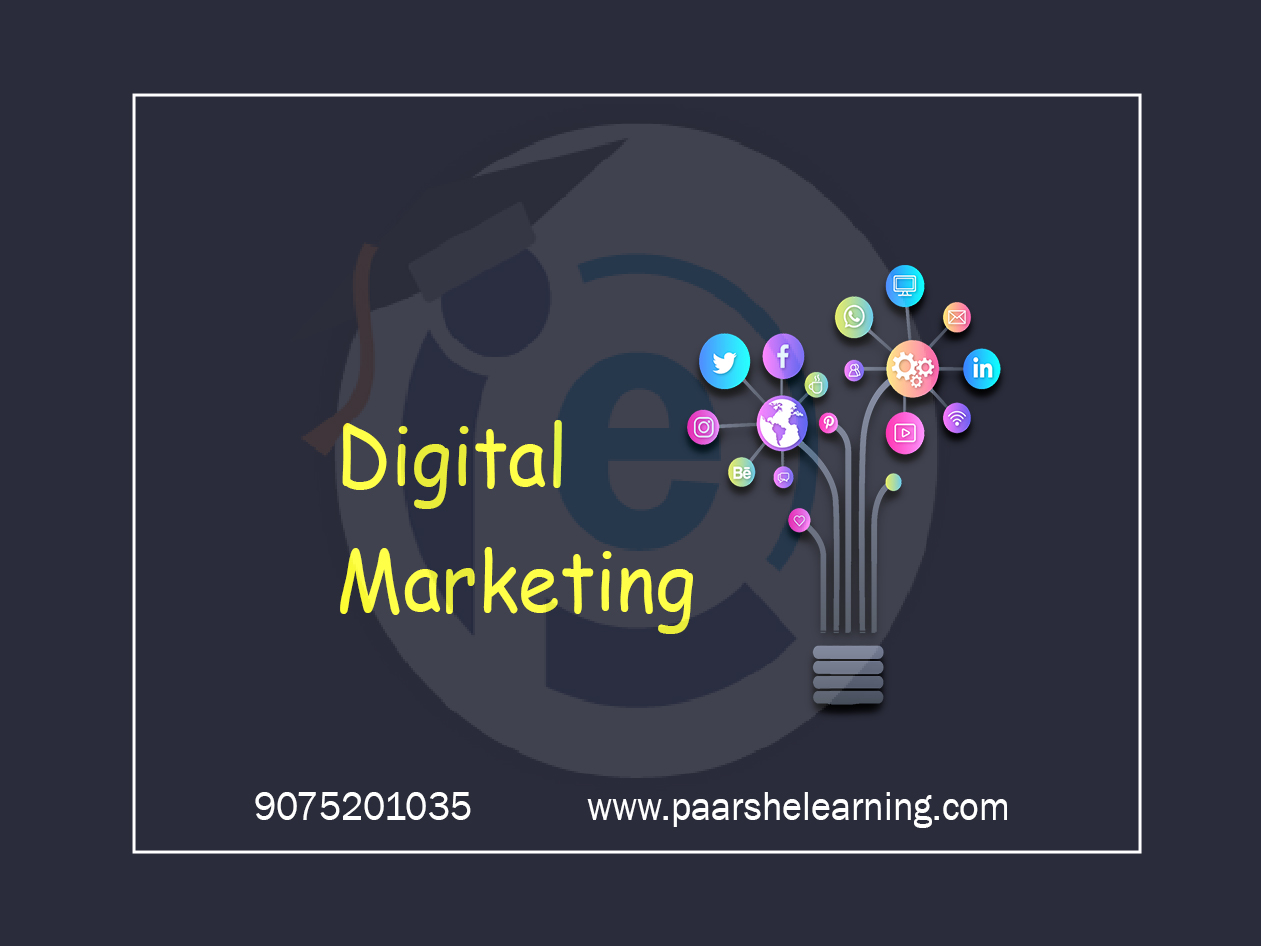- Introduction to social media marketing: Understanding the basics of social media marketing, its advantages, and how it differs from traditional marketing.
- Social media strategy: Developing a social media marketing plan, identifying target audiences, defining goals and objectives, and selecting appropriate social media platforms.
- Content creation: Creating compelling content that resonates with target audiences, adheres to the brand's messaging and tone, and encourages engagement.
- Community management: Managing social media accounts, monitoring comments and messages, and engaging with followers to build relationships and foster brand loyalty.
- Social media advertising: Creating and managing paid advertising campaigns on social media platforms to promote products, services, or content to a wider audience.
- Social media analytics: Measuring and analyzing social media performance metrics, such as engagement, reach, impressions, conversions, and ROI, to make data-driven decisions and optimize social media marketing efforts.
- Influencer marketing: Collaborating with influencers or key opinion leaders in the industry to promote products or services and leverage their reach and influence.
- Social media listening: Monitoring social media conversations and mentions of your brand or industry to gain insights, gather feedback, and identify opportunities or potential issues.
- Social media trends: Staying up-to-date with the latest social media trends, tools, and best practices to maintain a competitive edge in social media marketing.
Social Media Marketing
Course description
Social media marketing is a form of digital marketing that focuses on using social media platforms to connect with target audiences, build brand awareness, engage with customers, drive website traffic, and generate leads or sales. Social media platforms such as Facebook, Instagram, Twitter, LinkedIn, YouTube, and Pinterest are commonly used for social media marketing.
Social media marketing involves creating and implementing strategies, campaigns, and content that are tailored to each social media platform and the specific target audience. Here are some key aspects of social media marketing:
-
Social media strategy: Develop a plan that aligns with overall marketing goals and objectives, identifies target audiences, defines messaging and tone, and outlines tactics and channels to be used.
-
Content creation: Creating engaging and relevant content, such as posts, images, videos, infographics, and stories, that resonate with the target audience and encourage them to take action.
-
Community management: Managing social media accounts, monitoring comments and messages, responding to inquiries, and engaging with followers to build relationships and foster brand loyalty.
-
Social media advertising: Creating and managing paid advertising campaigns on social media platforms to promote products, services, or content to a wider audience and achieve specific marketing objectives.
-
Social media analytics: Monitoring and analyzing social media performance metrics, such as engagement, reach, impressions, conversions, and ROI, to measure the effectiveness of social media marketing efforts and make data-driven decisions.
-
Influencer marketing: Collaborating with influencers or key opinion leaders in the industry to promote products or services, leverage their reach and influence, and tap into their audience.
-
Social media listening: Monitoring social media conversations and mentions of your brand or industry to gain insights, gather feedback, and identify opportunities or potential issues.
IN OUR COMPLETE SMM TRAINING, WE’LL BE DIVING DEEP INTO:
-
How to get more likes and subscribers.
-
How to sell products through social networks.
-
What has been effective for your competitors?
-
How to promote content.
-
How to work with opinion leaders and influencers.
-
How to evaluate promotion results.
-
How to manage your reputation online.
-
How to Become a Social Media Marketer or Social Media Manager.
Our SMM Strategy Course provides valuable knowledge to those of you who are currently promoting a project on social media or thinking about doing so.
Social media marketing is a dynamic and rapidly evolving field, and staying updated with the latest social media trends, tools, and best practices is crucial for success. Social media marketing can be used by businesses of all sizes, from small local businesses to large multinational corporations, as well as by individuals, non-profits, and other organizations to achieve their marketing objectives.
What you will learn from this course?
This course includes!
- Daily Live session
- Access on Mobile and TV
- Certificate of completion
- Recommendation Letter
- Free lifetime access
- Resume building sessions
- 100% Job Placement
This course is for
- Marketing professionals: Social media marketing can be an integral part of a marketer's job, and a course in social media marketing can help them enhance their skills, stay updated with the latest trends and tools, and improve their performance.
- Students and recent graduates: A course in social media marketing can be a valuable addition to a student's resume, as it can help them gain practical skills and knowledge in a highly sought-after field.
- Anyone interested in digital marketing: Social media marketing is a key component of digital marketing, and a course in social media marketing can provide a solid foundation for individuals interested in pursuing a career in digital marketing.
- Business owners and entrepreneurs: Social media marketing can be an effective and cost-efficient way for small businesses and startups to reach their target audiences and promote their products or services.
- Freelancers and consultants: Freelancers and consultants who offer social media marketing services can benefit from a course in social media marketing to improve their skills, expand their knowledge, and provide better services to their clients.
Prerequisites for this course
- Basic computer skills: As social media marketing involves working with digital platforms, it's important to have basic computer skills, such as using a keyboard and mouse, navigating websites, and using social media platforms.
- Familiarity with social media: While it's not necessary to be an expert in social media, having some prior knowledge and experience in using social media platforms can be beneficial. It's important to be familiar with the various social media platforms and their features.
- Understanding of marketing principles: A basic understanding of marketing principles, such as target audiences, branding, messaging, and marketing objectives, can be helpful in understanding the concepts and strategies of social media marketing.
- Business or marketing background: While not mandatory, having a background in business or marketing can be beneficial in understanding the business objectives of social media marketing and how it fits into an overall marketing strategy.
- Anyone who is interested in learning an online profession – This social marketing course will allow you to gain the skills needed for a career in social media marketing.
Social Media Marketing Syllabus
-
Introduction To Social Media Marketing
Understanding the role and significance of social media in marketing Overview of popular social media platforms and their audiences Different types of social media marketing strategies Setting goals and objectives for social media campaigns
-
Social Media Strategy And Planning
Developing a comprehensive social media strategy Identifying target audiences and buyer personas Creating a content calendar and posting schedule Understanding the concept of social media engagement
-
Content Creation And Management
Crafting engaging and shareable content for social media Creating visual content: images, videos, infographics Utilizing user-generated content and customer testimonials Managing content across multiple platforms
-
Organic Social Media Marketing
Best practices for posting and sharing on different platforms Maximizing engagement through storytelling and authenticity Utilizing hashtags and trends effectively Monitoring and responding to audience interactions
-
Paid Social Media Advertising
Introduction to paid advertising on social media platforms Creating targeted ads on platforms like Facebook, Instagram, Twitter, and LinkedIn Setting up ad campaigns and targeting options Monitoring ad performance and optimizing campaigns
-
Influencer Marketing And Partnerships
Understanding the concept of influencer marketing Identifying and partnering with relevant influencers Negotiating collaborations and tracking influencer performance Leveraging influencer-generated content for brand promotion
-
Analytics And Metrics In Social Media
Importance of data analysis in social media marketing Tracking key metrics such as reach, engagement, and conversions Using social media analytics tools and platforms Making data-driven decisions to refine social media strategies
-
Social Media Crisis Management And Trends
Developing a crisis management plan for social media Responding to negative comments and handling social media backlash Staying updated with current social media trends and features Building a personal brand on social media as a marketer
-
Paarsh E-Learning encourages hands-on practice, assignments, and projects throughout the course to reinforce students' understanding of social media marketing concepts. Assign projects that involve creating and managing actual social media campaigns. Cover both theoretical concepts and practical applications to provide a well-rounded learning experience.


